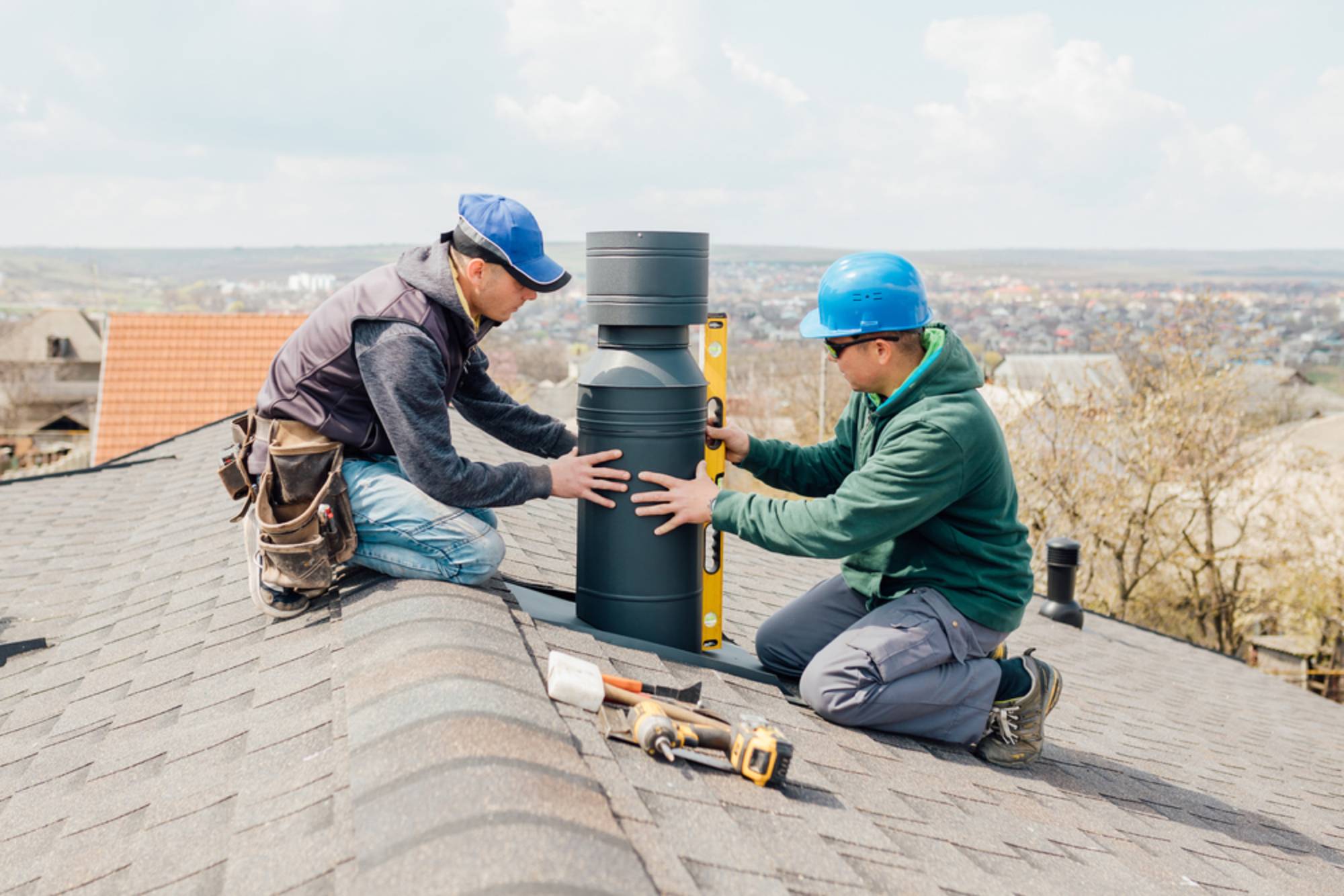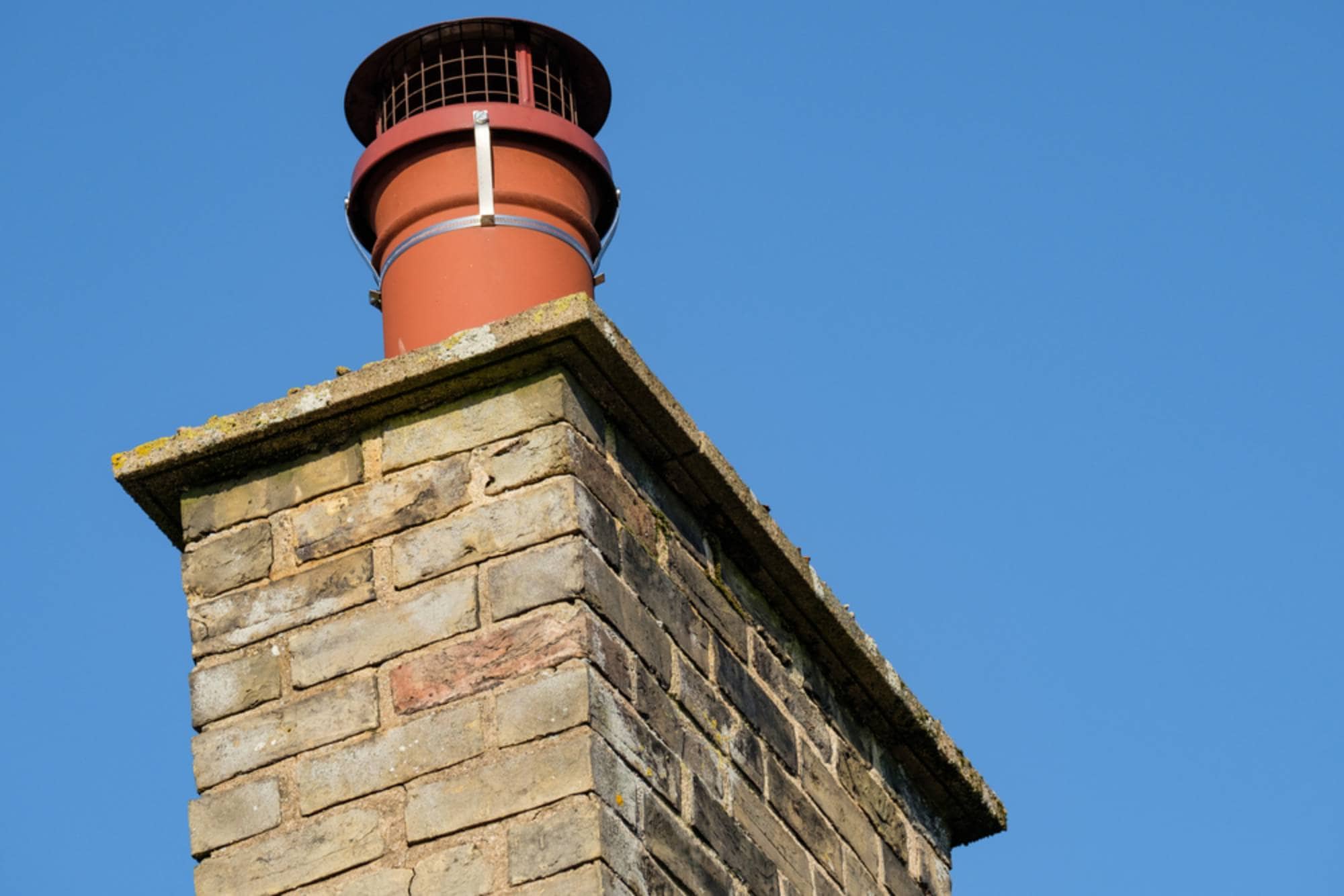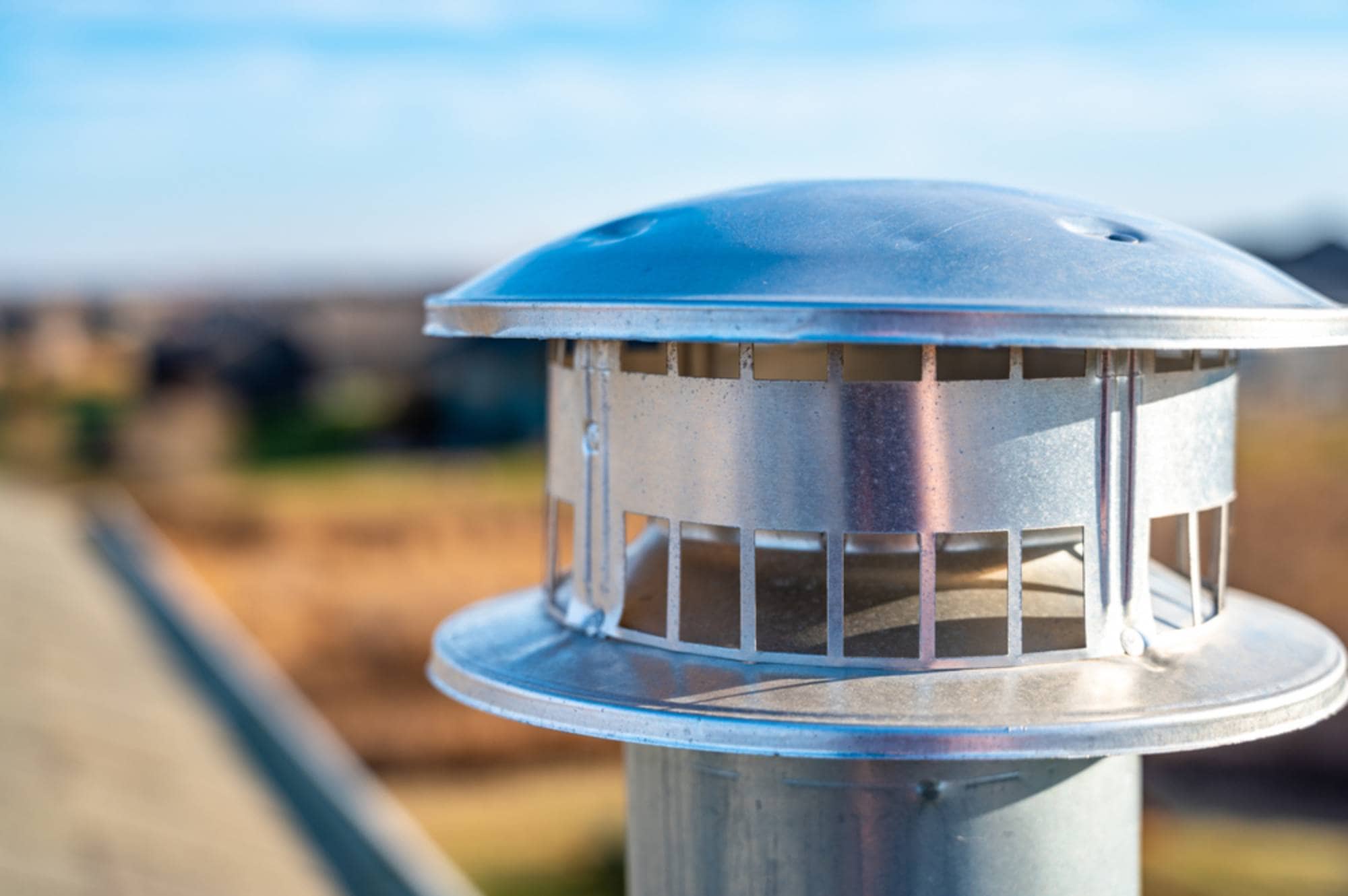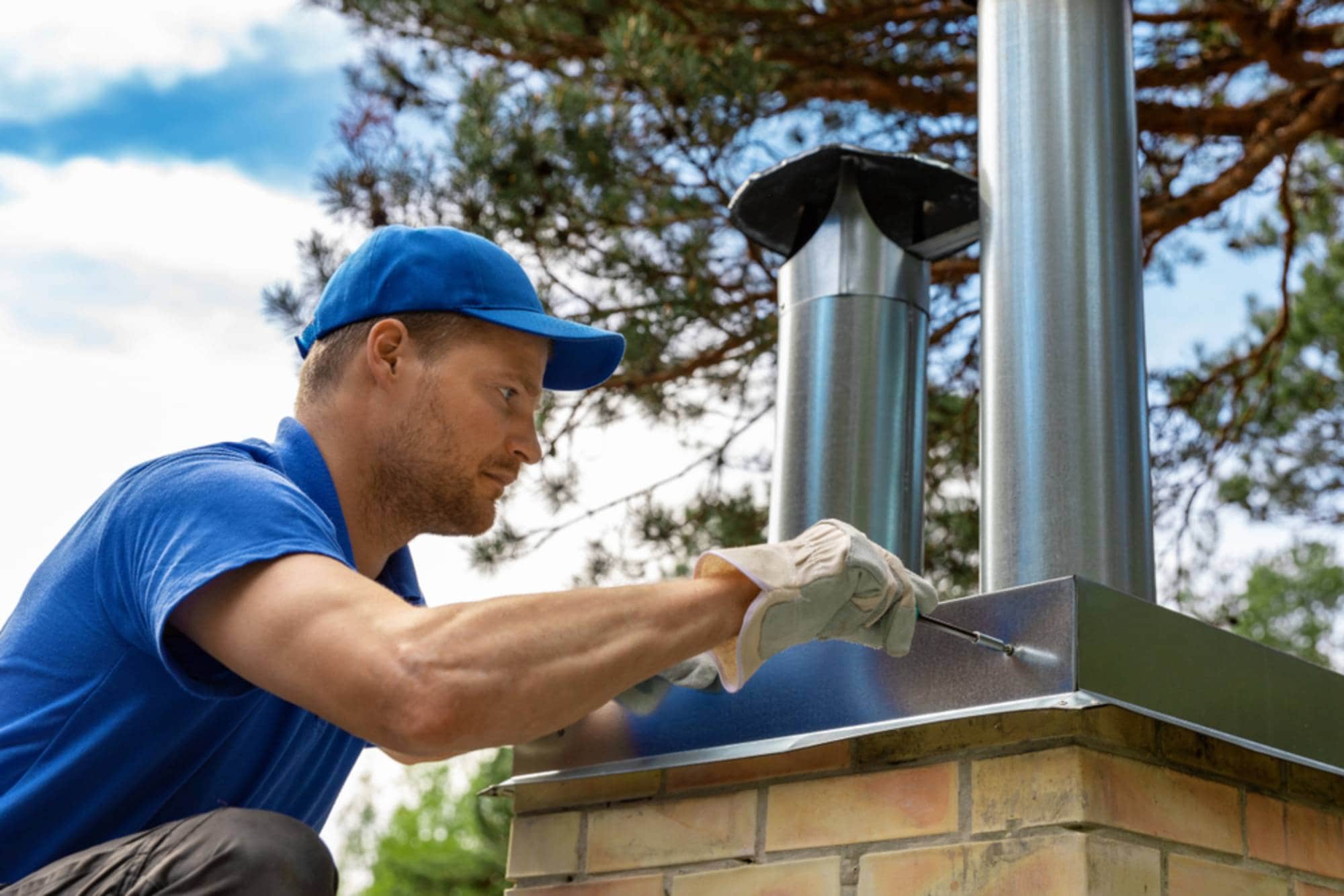Stop water damage, animals, and costly repairs with professional chimney cap installation that actually works.

Hear from Our Customers

You get a chimney that’s sealed against the elements. No more water dripping into your firebox during storms. No more squirrels or birds making nests in your flue. No more worrying about sparks escaping and starting a fire on your roof.
Your heating bills drop because drafts stop pulling warm air up and out of your house. Your chimney lasts longer because water isn’t getting into the masonry and causing freeze-thaw damage that cracks bricks and crumbles mortar.
Most importantly, you sleep better knowing your family is protected from chimney fires and carbon monoxide issues that come with blocked or damaged flues.
Above and Beyond Chimney has been protecting homes throughout Bristol County for years. We understand how North Rehoboth’s weather patterns affect chimney systems – the freeze-thaw cycles that crack caps, the coastal moisture that rusts metal, and the storms that can damage or blow caps right off.
Our technicians are trained in chimney construction codes and maintenance best practices. When we install your chimney cap, we’re not just putting a piece of metal on top of your chimney. We’re creating a complete protection system that’s built to handle whatever New England weather throws at it.
We treat your home like our own, using multiple layers of drop cloths and HEPA-filtered vacuums to keep your living space clean during the work.

First, we inspect your chimney to determine the right cap size and style for your specific flue configuration. We measure carefully because a properly fitted cap is the difference between protection and problems.
Next, we remove your old cap if you have one, checking for any damage to the crown or flue that needs attention before the new cap goes on. We clean the mounting surface and make any necessary repairs to ensure a solid, weatherproof seal.
Then we install your new cap with the right fasteners and sealing materials. We test the fit and make sure it’s secure enough to handle high winds but accessible for future maintenance. Before we leave, we clean up completely and show you exactly what we’ve done so you know your chimney is properly protected.

Ready to get started?
Your chimney cap installation includes the cap itself, all mounting hardware, and proper sealing to prevent water infiltration. We stock caps in stainless steel, galvanized steel, and copper to match your budget and durability needs.
In North Rehoboth, we see a lot of damage from the area’s coastal weather patterns. Salt air accelerates corrosion, and the freeze-thaw cycles are particularly hard on chimney caps. That’s why we recommend stainless steel or copper caps for most homes here – they handle the local climate better than cheaper alternatives.
We also include a thorough inspection of your chimney crown and flashing while we’re up there. Bristol County homes often have multiple issues that need attention, and catching them early saves you money. If we find problems, we’ll explain exactly what needs to be fixed and why, so you can make informed decisions about your chimney’s health.
